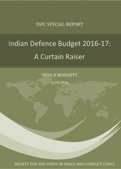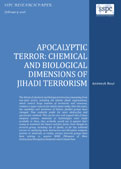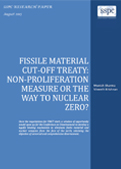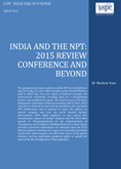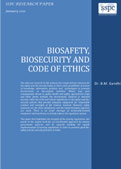Two Decades of OPCW
On April 29,1997,the Chemical Weapons Convention (CWC), the first ever multilateral disarmament agreement entered into force along with the birth of the Organisation for the Prohibition of Chemical Weapons (OPCW), an international chemical weapons disarmament regime, after years of negotiations under the auspices of United Nation’s Conference on Disarmament. and Preparatory Commission. The OPCW’s objective is to accomplish the Convention’s mandate ‘to end the development, production, stockpiling, transfer and use of chemical weapons’. It also has to ensure the ‘elimination of existing stocks of such weapons’. Two decade later, on the twentieth anniversary of OPCW it is imperative to recollect the journey so far and also to ascertain whether the regime succeeded in making the world safer from the threat of chemical weapons or warfare.This issue brief takes a broad overview of the journey of CWC and OPCW during the last two decades.

